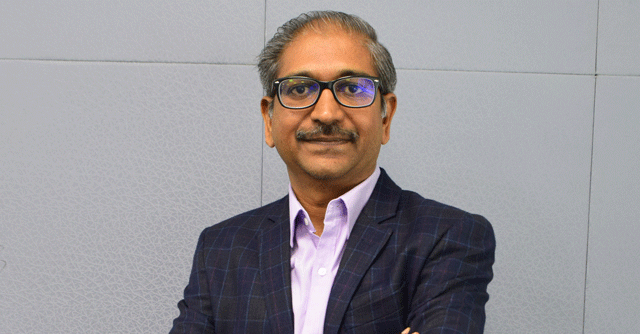
Why consumers should go the SSD way


Over the last couple of years, there has been a dramatic uptick in the adoption of digital technologies globally. In a digital world, so much hinges on speed and you need the right hardware to ensure this. So, do you upgrade?
Well, according to a recent study, Indian consumers are looking to upgrade PC components to extend their life and enhance productivity.
Over half the PCs in India have been in use for more than two years and 46% of laptops are due for an upgrade over the next 6-9 months. The bigger challenge is that laptops today are being used for multiple functions in addition to being used as a work productivity tool (59.3%). Laptops are now used for entertainment (57.6%), social networking (55%), video conferencing (43.6%), gaming (42%), creating multimedia content (36.6%) and education (57.2%), among other use cases as well. Also, since 40% of PC users spend anything between five to 12 hours daily on their devices for various tasks, the pressure to ensure speed becomes critical.

When laptops become slow, people tend to check out five things before purchasing upgrades. These are Random access memory (RAM), central processing unit (CPU) screen quality, battery life and amount of storage. The average consumer believes upgrading the CPU, RAM and RAM type will provide better results. While that’s true, it is not enough.
As of now, 82% of personal computers run on HDDs (hard disk drives) and almost 80% of PCs have internal capacity of up to 500GB. That becomes a challenge while dealing with immersive content of today. What most people do not realize is that a change in storage, replacing an HDD with an SSD, could make a world of difference. But only 35% of users believe that storage is critical to the performance of a PC.
What can an SSD do that HDDs cannot?

It’s all about speed! In an SSD, all data is stored in integrated circuits making them much faster than traditional HDDs because they use electrical circuitry with no physical moving parts like in HDDs, which use spinning disks to read/write data. That means shorter wait times while on start-up and a reduction in delays while on heavy computing tasks. An SSD is much faster in copying files and accessing apps. However, HDDs cost less and work well for data that does not need to be accessed frequently.
Most high-end laptops now come with pre-installed SSDs. Without a spinning disk, SSDs are smaller and really sleek. The smaller size helps in integrating with slim laptops and convertibles.
According to the study, switching to an SSD saves over 40% of the time to perform administrative tasks for managing laptops; getting in and out of games is two times faster; and a 1.9x timesaving on everyday chores. Content creation is done 2x faster and the battery lasts twice as long on a SSD compared to a HDD. That could emerge as the biggest plus for SSDs. According to the study, upgrading to an SSD increases the overall desktop performance by up to 80%.

As things stand, SSDs are more expensive than HDDs per amount of storage, but the gap is closing. On the flip side, with SSDs, more work is done per server which means fewer devices are deployed to get the same output. That’s when the benefits will start coming in.
It’s just the right time now to shift to SSD, and upgrade your PC for the future.

Jaganathan Chelliah
Jaganathan Chelliah is the Senior Director, Marketing, India, Middle East & TIA at Western Digital.
